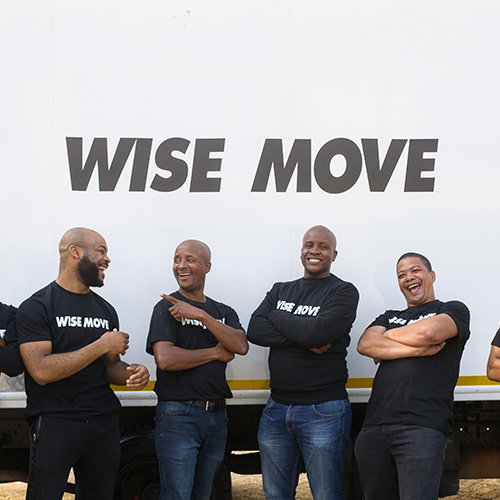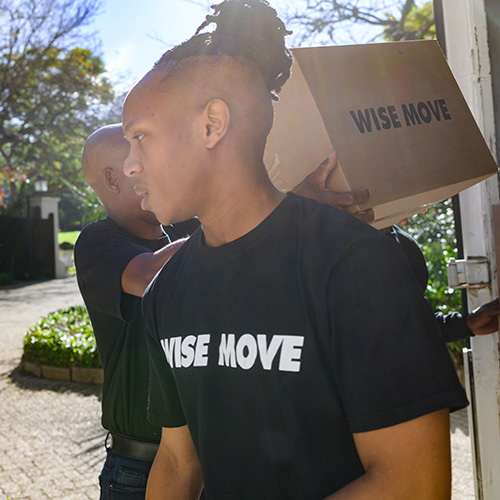Electric Cars in South Africa – Everything You Need To Know

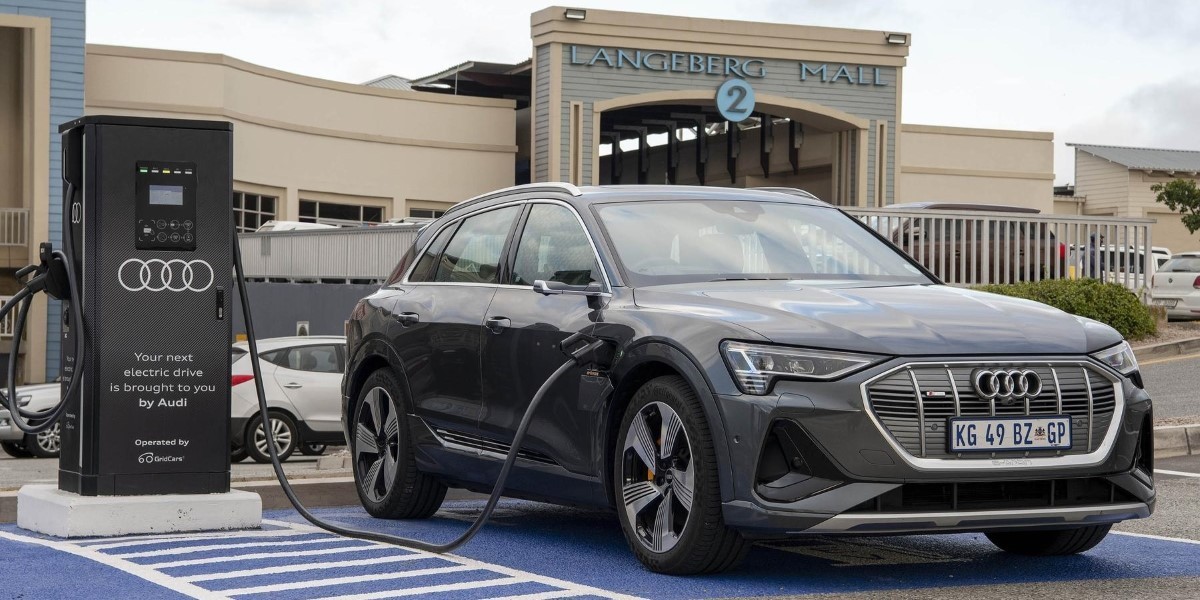
A decade ago, South Africa experienced its first electric car introductions. And nobody paid much notice.
But wildly fluctuating weather patterns due to climate change, and Eskom’s electricity supply instability, have made South Africans think very differently about electric vehicles (EV) going into 2023.
With many more homeowners considering independent electricity generation, there is a tipping point in the cost calculation where replacing your petrol or diesel powered car, with an EV, starts making sense. Or does it?
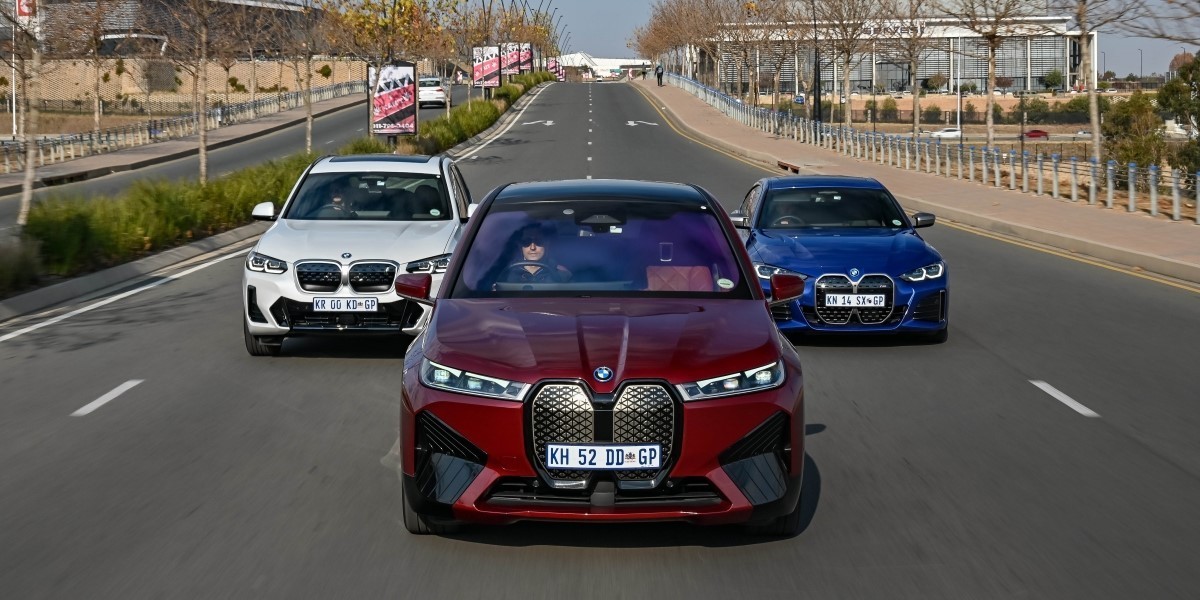
Should Solar Charge Your Car At Home?
Not many people realise that recharging an average EV is about R200, at municipal electricity rates. And that should give you a range of just under 400km.
Most South Africans pay about R1000 to fill their petrol or diesel tank. And rarely get more than 500km of driving range from a tankful. On a comparative basis, EVs are much cheaper to run.
EVs draw an enormous amount of power to charge, exceeding the capacity of most home solar installation grids. That’s if you want to recharge in a reasonable amount of time. For home charging to work, you need lots of additional battery storage to keep the appliances happy, your streaming Wi-Fi going and energy flowing into your EV. And what is the most expensive aspect of a home off-grid installation? Battery packs.
Government has started incentivising home solar installations to mitigate the Eskom power crisis. But the tax benefits relate to solar panels, not batteries – which remain stubbornly expensive. And batteries are the crucial component to make charging an EV at home, viable.
Green Economies | EVs And Industry
Are there any incentives for industry to turn to Electric Vehicles? Currently, incentives are limited in South Africa. While the government has imposed The Carbon Tax Act 15 of 2019, there are no specific incentives or subsidies offered for industry to transition to electric vehicles.
There are however private initiatives by companies to incentivise eco-friendly practices and electric Vehicles. Wise Move, for instance, is a leader in the moving industry, and has special incentives for companies that use electric vehicles. They're also part of the 1% for the Planet intiative, which sees a percentage of their revenue going to environmental causes in South Africa.
The JAC N55 EV (what a name - quite inspiring) is SA's latest all-electric commercial truck. So far it's being used to transport charging infrastructure in Gauteng, but the possibilities are endless. The truck costs R834 900 and includes a 97kWh battery with a warranty for 700 000km. It has estimated cost savings of up to 30% for charging, tyres, and maintenance compared to traditional commercial trucks - I can already see some of business owners sitting up as they read this.
The cost to fully charge the truck is around R200 and takes around 100 minutes, providing a range of roughly 210km. The truck can carry up to 2.5 tonnes, has a top speed of 90km/h and can accelerate to 50km/h in 8 seconds, making it ideal for small and medium-sized businesses doing multiple rounds of deliveries per day.
Initiatives like these help push industry in the right direction, but a whole lot needs to change in SA before we'll see widespread adoption.
EVs Remain A Worry To Operate On Longer Journeys
If electric vehicles are so much cheaper to operate per kilometre of driving distance, why is South African EV demand so low? Because it remains much quicker to ‘reenergise’ a petrol or diesel car with liquid fuel when journeying across South Africa than to put electricity into an EV.
Charging while you shop for 2 hours might sounds great - but what about on a trip to the coast?
To understand the issue with EV adoption and journeying longer distances, think about the convenience of fuelling your petrol or diesel car. Fully ‘recharging’ a liquid-fuelled car at a fuel station forecourt takes mere minutes. Achieving the same with most EVs, provided you have access to a very high-potency charger, is at least 45-minutes.
Nobody wants to get stuck for 45-minutes waiting for their EV to charge in a small town without appealing amities, boutique coffee shops and quant bistros - when a beach holiday is waiting. Even worse is if you arrive at a rural town charging station moments after another EV driver has parked-up and plugging in. That means your recharging wait could become nearly two hours.
Compounding the issue is the lack of charging stations. South Africa has nearly 5000 fuel stations, each with multiple pumps. By contrast, we only have about 300 electric car charging stations. You do the math.
At this stage, I’m pretty sure any braai loving South African reading this has been thoroughly put off the concept. But, there is hope.
While South Africa has precious few high-energy 150kW chargers, capable of those 45-minute recharging cycles for large battery pack EVs some brands and initiatives are taking the cause to heart.
Audi has taken the initiative to provide most of those, including the country’s most potent charger, rated at 200kW at the Mall of Africa, in Gauteng. But a single brand can’t be expected to create the required infrastructure without government incentives. And when it comes to all things electricity infrastructure, government’s absolute and total focus is on Eskom. Not EVs.
Jaguar Land Rover has also partnered with GridCars to invest R30-million in infrastructure to support electric and plug-in hybrid vehicles in South Africa. The investment has created a series of charging stations called the Jaguar Land Rover Powerway, which connect the major cities in South Africa.
- Get the interactive map here: https://www.jaguar.co.za/electrification/jaguar-powerway.html#
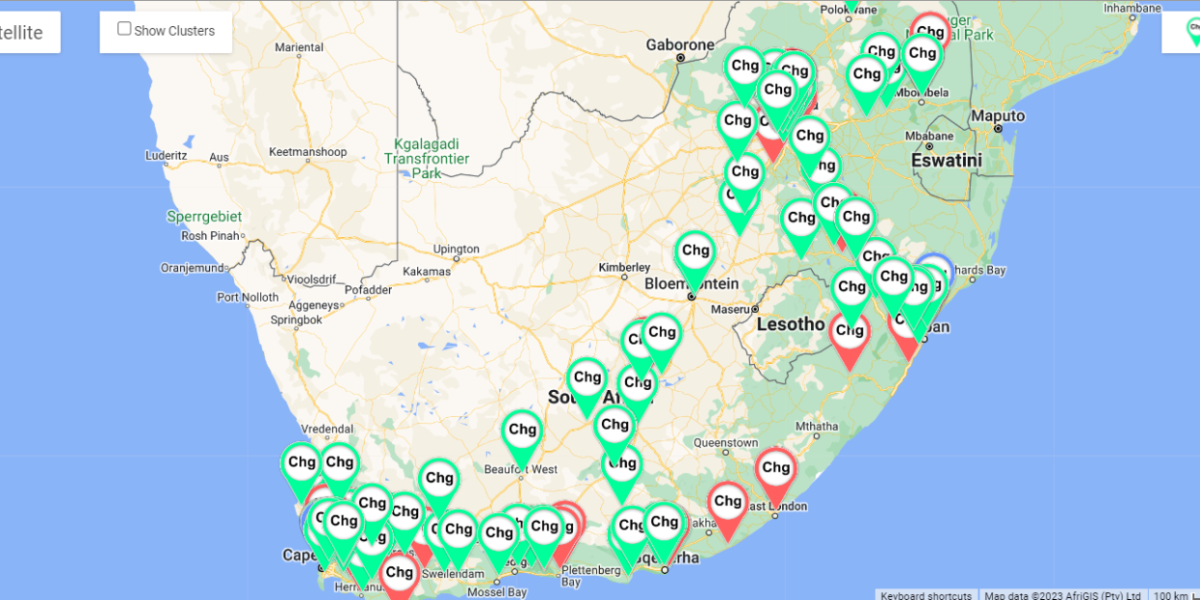 There are 60kWh fast chargers available on the route, meaning that owners of electric vehicles will be able to travel long distances and recharge their vehicles in just 20 minutes for a 100km range. However, a full charge from 0 to 80% will still take around 72 minutes. The charging stations are available to the anyone (no matter what car brand you choose to drive), making day-to-day travel and longer day trips more convenient and accessible for electric vehicle owners.
There are 60kWh fast chargers available on the route, meaning that owners of electric vehicles will be able to travel long distances and recharge their vehicles in just 20 minutes for a 100km range. However, a full charge from 0 to 80% will still take around 72 minutes. The charging stations are available to the anyone (no matter what car brand you choose to drive), making day-to-day travel and longer day trips more convenient and accessible for electric vehicle owners.
Even with all this progress, a lot still has to change - especially in mindsets.
Are South Africans Buying EVs?
Unfortunately no. Not really. Only 502 EVs were purchased locally last year. That is within a total passenger vehicle market of 528 963.
Total Electric Venhicle sales, as a percentage of the local market, is decimal. It’s less than 1%. Only 0.1%, in fact. That would calculate to a rounding error in any business case dataset. Which is telling.
The reality is that EV demand is troublingly low in South Africa. And not for lack of models, but for issues with price and infrastructure. Nobody wants to get stuck for 45-minutes waiting for their EV to charge in a small town without appealing amities, boutique coffee shops and quant bistros - when a beach holiday is waiting.
Wondering what is selling? We have compiled a list of the best brands in SA:
Many EVs Are Available Locally – But At A Price
There are 16 EVs available in the local market, with BMW having the most extensive range of six, including one Mini. Logically, a BMW is South Arica’s best-selling EV iX3. It sold 106 units last year. But iX3 not cheap, priced at R1.3m.
Affordability is a huge issue with EVs. The cheapest pure battery-powered vehicle you can buy in South Africa is Mini’s SE, which is priced just shy of R700 000. The Mini SE is nearly four times the average car purchase cost for most South Africans.
The irony is that more EVs on the road will trigger the demand to expand rehanging infrastructure in both energy density and geographic distribution. But that won’t happen when nearly all EV models in the domestic market are priced at R1m and beyond.
When Will South Africa Get Cheaper EVs?
Are more affordable EVs scheduled for South African market introduction? They should come. Soon. Especially from VW. The German brand possesses immense R&D resources and has invested most of those in its electric vehicle architectures.
China is the world’s biggest demand market for EVs. It stands to reason that Chinese car brands and their EV models would be well in South Africa.
Chinese products are renowned for keen pricing structures, and GWM, which has become a top ten automotive brand in South Africa, is eager to disrupt the local EV market with its Ora Cat. It is a charmingly styled compact EV, with the promise of typically affordable Chinese vehicle pricing when it arrives in the local market later this year.
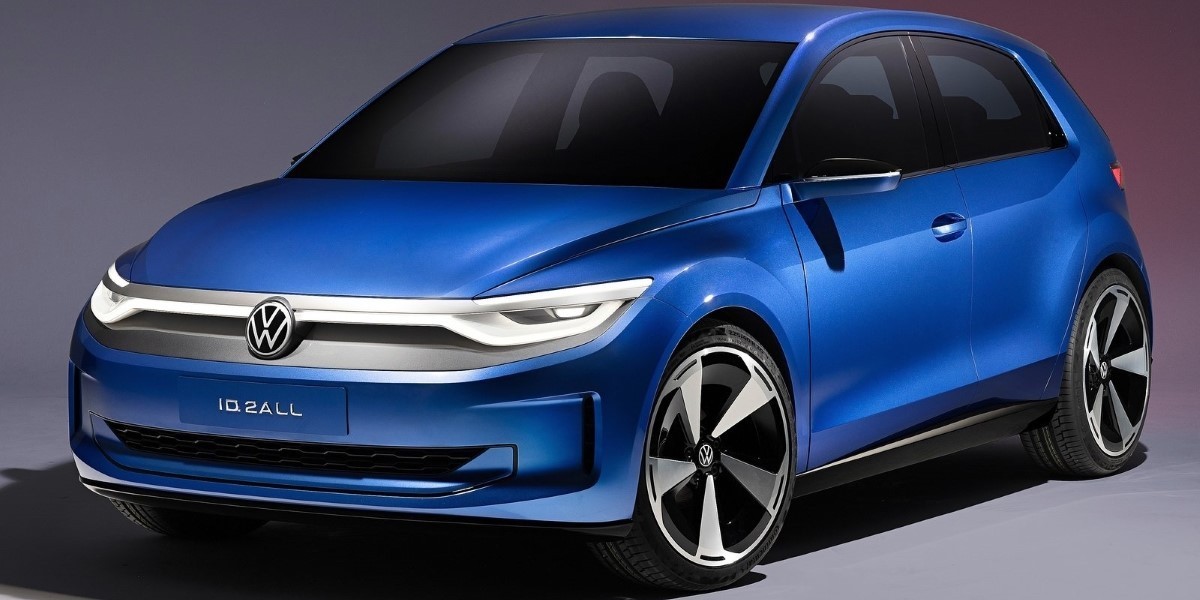
VW does not yet market an EV in the local market, but the most likely candidate could be its ID2. This is the smallest and most affordable vehicle built on VW’s futureproofed EV platform.
ID2 features the specification and space utilisation which should appeal to many South Africans, and most importantly, there is an affordability factor. VW has committed to delivering its ID2 to market at a European currency equivalent price of just below R500 000, while offering 450km of driving range.
Between ID2 and Ora Cat, EVs could start scaling in South Africa towards 2025. But with the country’s electricity generation politics, the question of using any additional generation capacity to power a personal car is troubling. Especially when that energy could be resourced and resold into the grid, where it is deemed most necessary.
The road ahead for electric vehicles isn’t mapped out in South Africa, but at the end of the day we will have to move towards reneweble energy, green technology and open roads where petrol fumes are a thing of the past.
What do our customers say?


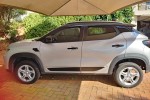
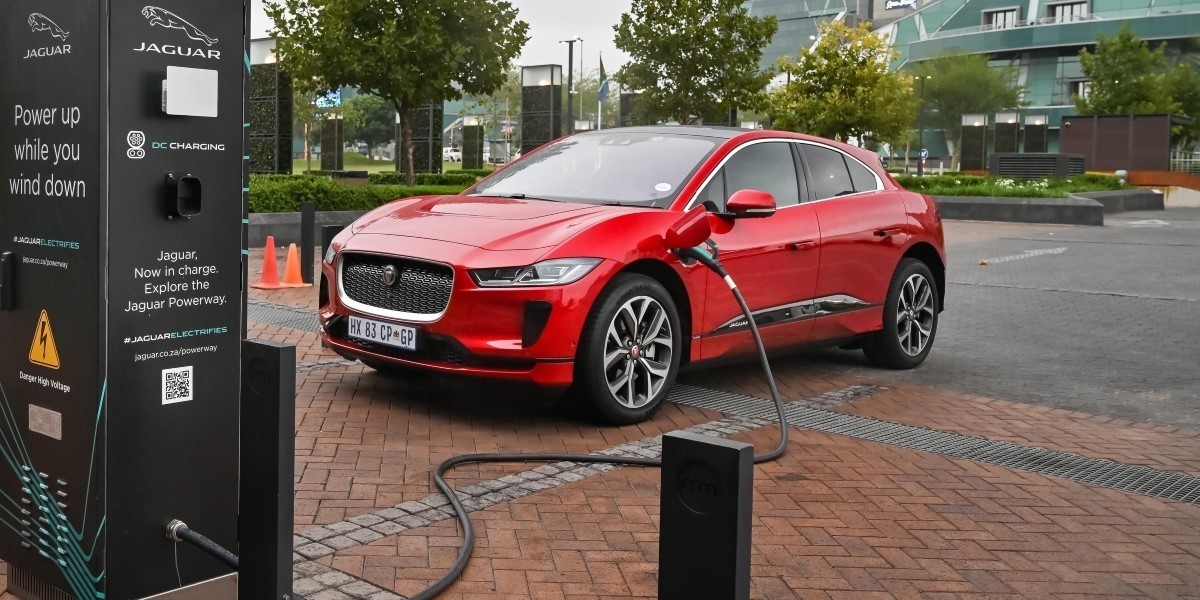 Charging while you shop for 2 hours might sounds great - but what about on a trip to the coast?
Charging while you shop for 2 hours might sounds great - but what about on a trip to the coast?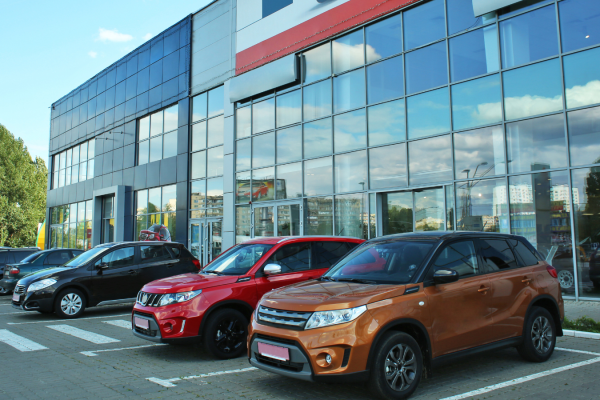
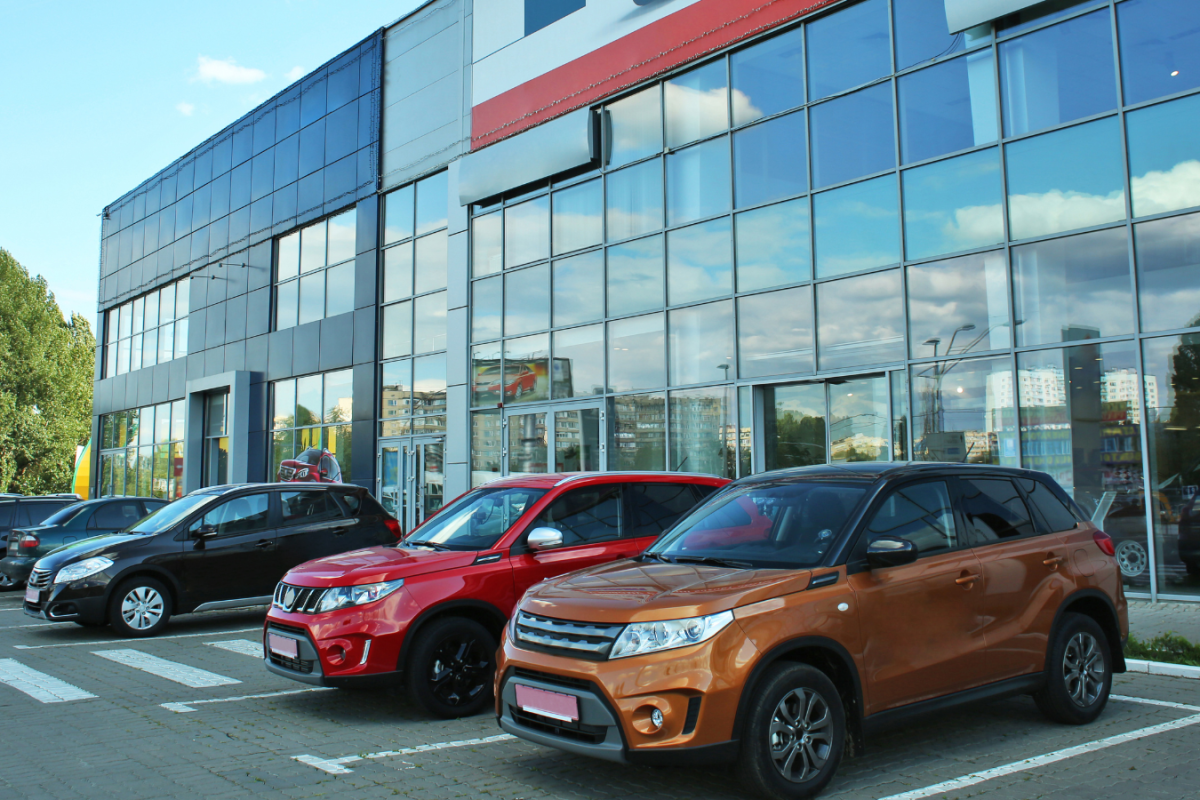
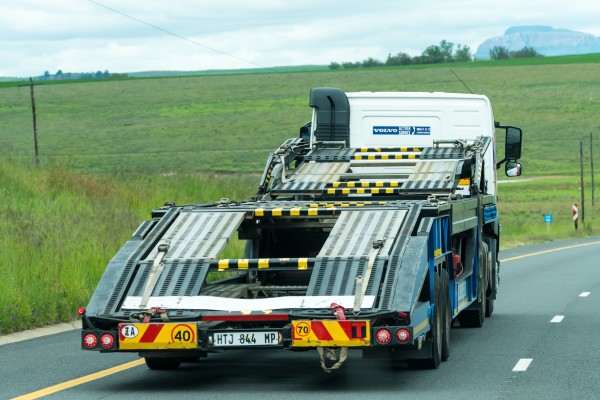
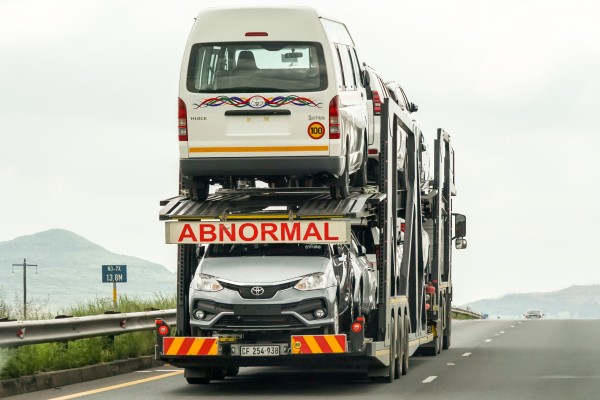
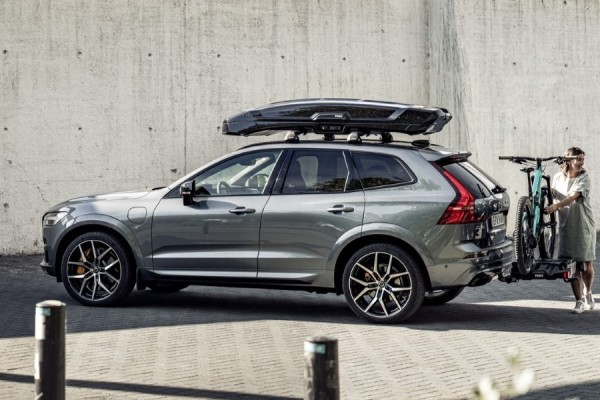
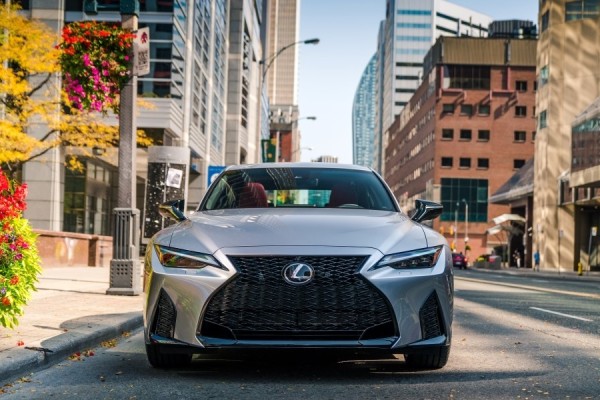
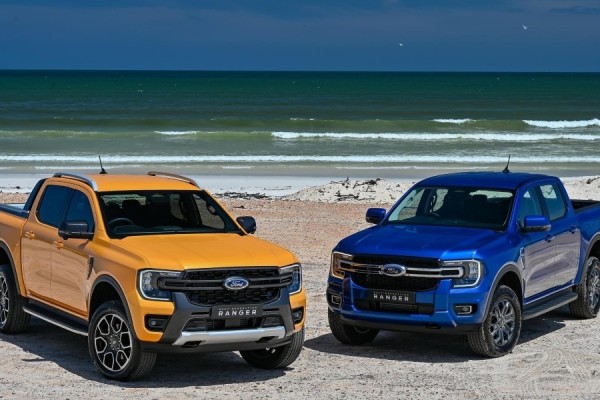
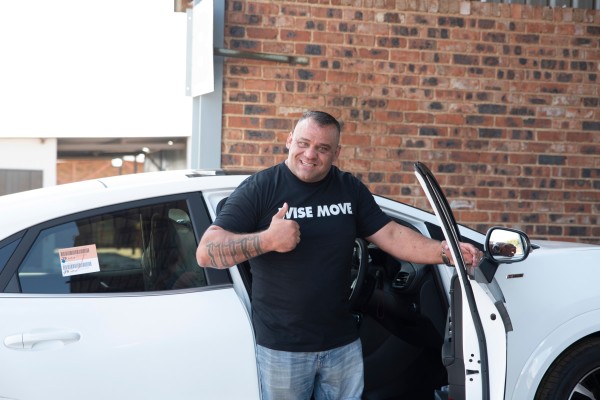
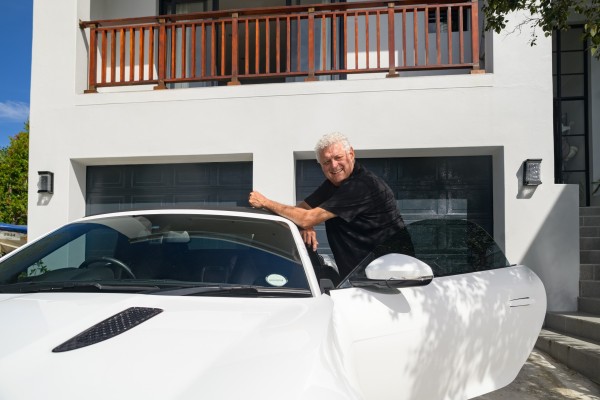
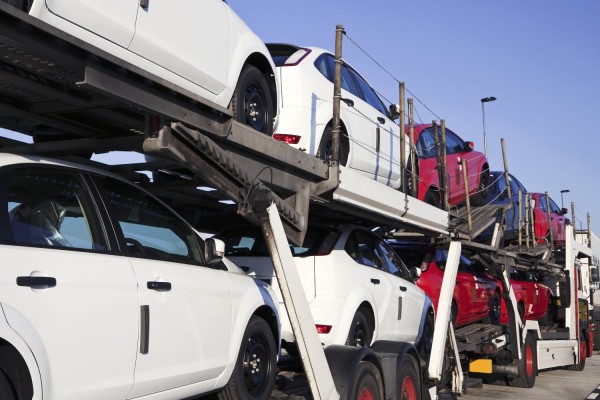
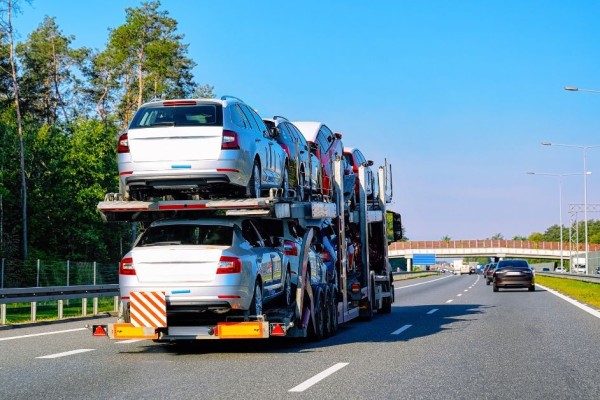

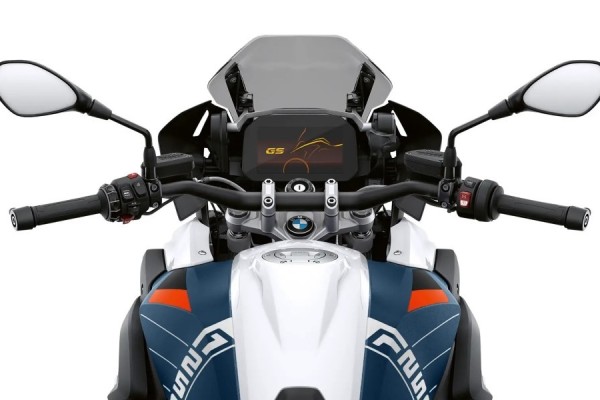
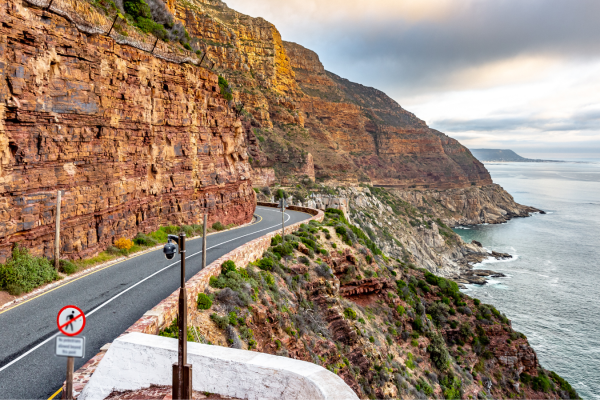


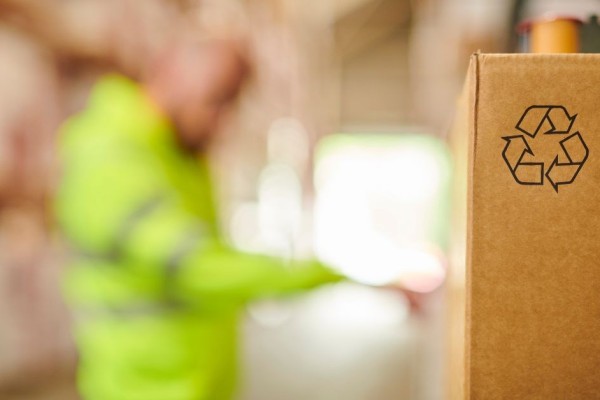
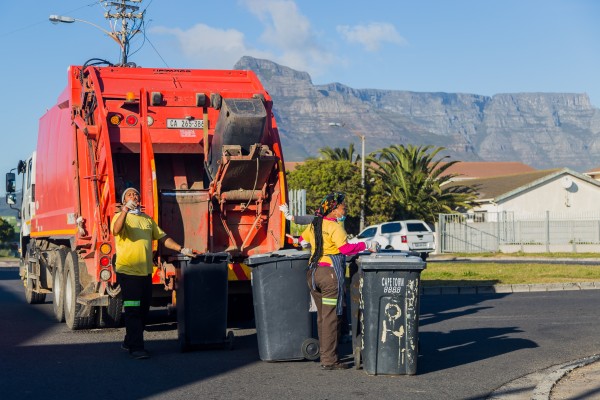

![4 Options for Small Business Funding in South Africa [2025] 4 Options for Small Business Funding in South Africa [2025]](https://cdn.wisemove.co.za/image/blog/fdeabac70544bb1ae3cf420850191033.png)



